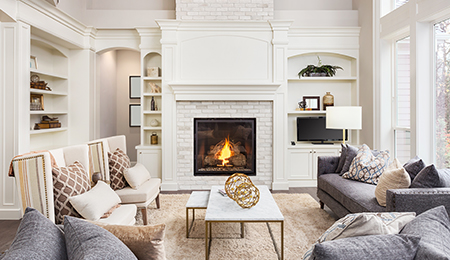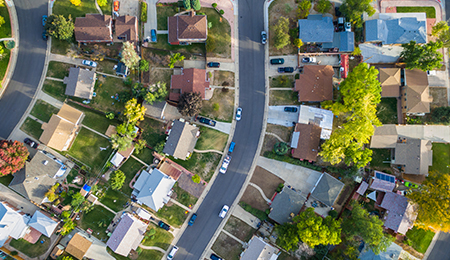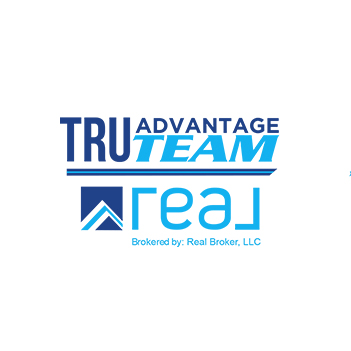You need to prepare to deal with closing costs if you want to buy a home.
What are closing costs, and who pays them? Most homeowners only concern themselves with the down payment, but what is often missed are the closing costs. These can range from 2% to 6% of the home’s purchase price. So if you’re planning on making a 3% down payment, the closing costs could potentially double what you owe at closing.
What exactly are closing costs? Essentially, they are a bundle of fees that are owed at the time you close on your property. Closing costs can be paid by the buyer, seller, or both, and must be disclosed and agreed upon in advance before the purchase can be completed.
While closing costs are presented to the buyer in a single amount payable to the lender, they actually represent a variety of expenses related to a home sale. They include everything from the appraisal to the credit check fee. For the sake of convenience, they are packaged together in one amount and paid in escrow until the sale closes and the funds are distributed to the relevant parties.
The question of who pays which closing costs is generally up for negotiation, but there are certain closing costs that are traditionally paid by the buyer and others typically paid by the seller. While the buyer can expect to pay 2% to 6% of the purchase price in closing costs, the seller can expect to pay 8% to 10% of the purchase price.
“Your seller may be willing to pay for some or all of your closing costs. ”
Costs for buyers generally fall into one of two categories: property-related fees and mortgage-related fees. The most notable closing cost paid by the seller is to the real estate agency. Other closing costs often paid by the seller include attorney fees, escrow fees, homeowners association fees, and prorated property taxes. It is entirely possible that various fees can move from the buyer’s bill to the seller, or vice versa, depending on who has more leverage in the sale.
If the seller agrees to pay some or even all of the buyer’s closing costs, they are known as seller concessions. These tend to be more common in buyer’s markets when homeowners are eager to close the deal. There are often limits on seller concession amounts according to the loan type, as with most aspects of the home-buying process.
The question of where you live can have a huge effect on your closing costs. Your closing costs could also change based on what type of loan you have, your mortgage lender, your credit score, and more. The good news is, whatever your closing costs are, they shouldn’t come as a complete surprise on the day of your sale.
While they may seem overwhelming at first, closing costs are ultimately just like any other part of the home-buying process: completely manageable with help of some research, planning, and friendly advice. If you have any questions please call or email. We’d love to talk.



